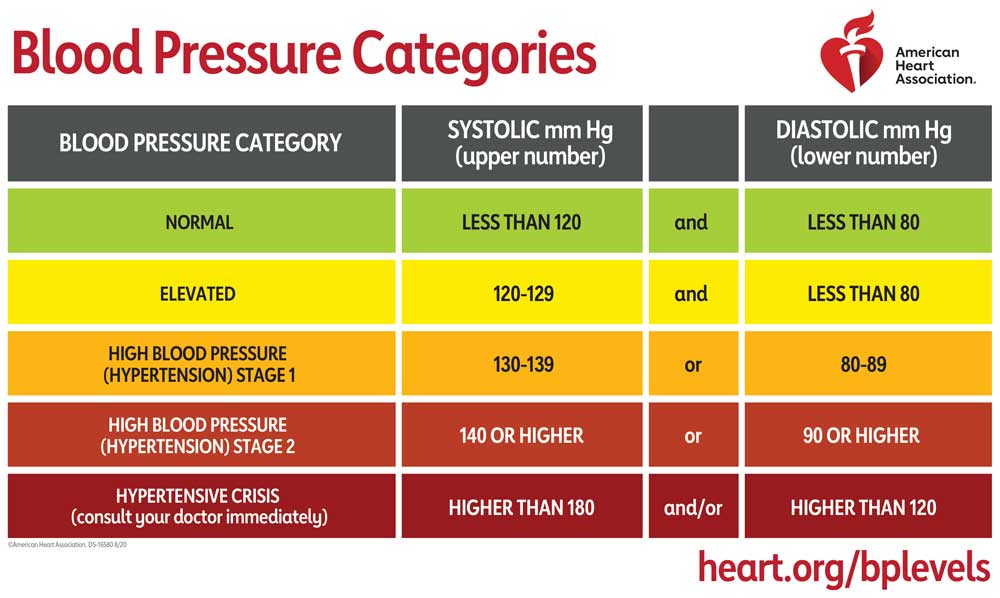September Is National Cholesterol Education Month
- Bobby Banahan
- Sep 1, 2022
- 4 min read
Heart disease is now the leading cause of death in the United States, with about 500,000 Americans dying from it and another million suffering heart attacks each year. High cholesterol is a major risk factor for cardiac issues, so figuring out how to lower your cholesterol level – and keep it low – is essential for improving your overall heart health.
September is National Cholesterol Education Month, making it an opportune time to review the different types of cholesterol and the various techniques that help lower it. While the foods you eat play a significant role in your cholesterol level, there are other factors, too, that may place you at a heightened risk of high cholesterol and associated health issues.
Types of cholesterol
There are two types of cholesterol: low-density lipoprotein, or LDL, cholesterol, and high-density lipoprotein, or HDL, cholesterol. Some people refer to LDL cholesterol as “bad” cholesterol and HDL cholesterol as “good” cholesterol. This is because high LDL levels cause plaque to build up in your blood vessels, which blocks or slows the flow of blood to your heart, increasing your risk of heart disease and stroke. The other type of cholesterol (HDL) lowers your risk of heart disease and stroke by absorbing the body’s cholesterol, transporting it to the liver and then excreting it from your body.
Tips for reducing LDL levels
Research shows that about 13% of Americans currently live with high cholesterol. However, most Americans will benefit from taking steps to lower their cholesterol levels. The following are some of the steps you might take to lower your cholesterol levels and reduce your risk of heart disease.
Modify your diet
Your diet has a notable impact on your cholesterol levels. Saturated and trans fats are among the top dietary causes of high cholesterol, so lowering your intake of both types of fats helps reduce your cholesterol-related health risks.
Stay active
Getting enough exercise is also an important step in maintaining healthy cholesterol levels. Whenever possible, try to get at least 30 minutes of relatively vigorous exercise each day. Even a brisk walk for a half hour a day can raise your good cholesterol levels and lower your bad ones, so aim for that. If a half hour a day is unrealistic given your schedule or daily obligations, try to get at least 150 minutes of solid exercise each week.
Maintain a healthy weight
Carrying excess weight can also cause cholesterol to build up in your arteries. Shedding a few pounds has the potential to reduce your LDL, or bad, cholesterol levels, while elevating your HDL, or good, cholesterol levels.
Talk to your doctor
Your doctor should have a solid understanding of your specific cholesterol levels and concerns. Talk to him or her about what you might do to lower your bad cholesterol levels. Be sure, too, to let your physician know about any medications or supplements you are currently taking so that he or she can come up with a safe, coordinated health care plan on your behalf.

Image Credit: CDC
Dietary tips for lowering cholesterol
While you do not need or want to eliminate cholesterol from your diet entirely, you do want to limit how much LDL cholesterol makes its way into your bloodstream. Changing your diet can go a long way in terms of reducing your cholesterol-related health risks, so consider taking the following steps with regard to what you consume.
Explore the DASH Eating Plan
The Dietary Approaches to Stop Hypertension, or DASH, eating plan draws from numerous research studies and aims to lower high blood pressure and reduce your risk of heart disease. The plan limits your consumption of foods high in saturated fats (think full-fat dairy products, fatty meats and certain tropical oils), and it also reduces your consumption of sweets, juices and other sugar-sweetened beverages. In exchange, it encourages increasing your consumption of fruits, veggies and whole grains, lower-fat dairy options, beans, nuts and vegetable oils.
Limit consumption of animal products, salt and alcohol
Current recommendations suggest consuming less than 200 mg a day of cholesterol, and most cholesterol comes from animal products, such as egg yolks, fatty meats and full-fat dairy products. While lowering salt intake doesn’t lower cholesterol levels, specifically, it does reduce your blood pressure, which in turn cuts your risk of heart disease. Limiting alcohol also helps guard against weight gain, which also impacts your cholesterol levels.
Increase consumption of fruits, veggies, fish & soluble fiber
While limiting your consumption of cholesterol-heavy foods and drinks is a critical part of maintain healthy cholesterol levels, so, too, is filling your diet with heart-healthy foods that help you fight high cholesterol. Amping up your consumption of fruits and veggies helps lower bad cholesterol levels, while increasing your consumption of fish high in omega-3 fatty acids raises your good cholesterol levels. Fiber-rich foods, meanwhile, help prevent your digestive tract from absorbing high levels of cholesterol.
While your diet plays a major role in your cholesterol levels, other factors also impact your cholesterol and heart health. Talk to your doctor about additional steps you might take to maintain healthy cholesterol levels and reduce your risk of cardiovascular disease, stroke and other serious health issues.




Comments